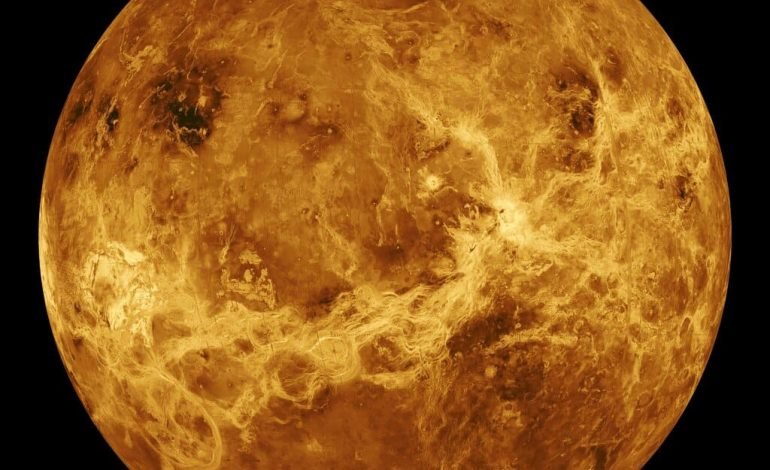Venus unlikely to have been habitable

A team of astronomers has found that Venus was unlikely to have ever been habitable. This is despite decades of speculation that our closest planetary neighbour was once more Earth-like than it is today.
The team from the University of Cambridge studied the chemical composition of the planet’s atmosphere. They inferred that the interior is too dry today for it to have ever had enough water for oceans to exist on the surface. Venus, they say, was likely to have always been a scorching and inhospitable world.
The findings were published in the journal Nature Astronomy. They have implications for understanding what makes Earth unique, as well as the search for life elsewhere in the universe. Many exoplanets appear more like Venus and this study suggests that astronomers should narrow their search to exoplanets that are more like Earth.
From far away, the two worlds seem like siblings. Both Venus and Earth are rocky worlds and almost identical in size. But take a closer look and you find that they couldn’t be more different. Venus is covered with thick clouds of sulfuric acid and has surface temperatures of around 500°C.
Despite this, astronomers have felt for decades that Venus may have once had liquid oceans that are capable of supporting life. They also wondered if ‘aerial’ life may still exist in its cooler thick clouds even today.
“We won’t know for sure whether Venus can or did support life until we send probes at the end of this decade,” first author Tereza Constantinou, a PhD student at Cambridge’s Institute of Astronomy said. “But given it likely never had oceans, it is hard to imagine Venus ever having supported Earth-like life, which requires liquid water.”
When looking for life in other parts of the Milky Way galaxy, astronomers look for planets orbiting the habitable zone of a host star. This is known as the Goldilocks Zone as it is not too hot or too cold but just right for liquid water on the surface. Venus pushes the limits of where the habitable zone can be around a star.
“Even though it’s the closest planet to us, Venus is important for exoplanet science, because it gives us a unique opportunity to explore a planet that evolved very differently to ours, right at the edge of the habitable zone,” said Constantinou.
Stay tuned to EyeOnLondon for the latest news and expert opinions.
Follow us on:
Subscribe to our YouTube channel for the latest videos and updates!
We value your thoughts! Share your feedback and help us make EyeOnLondon even better!









